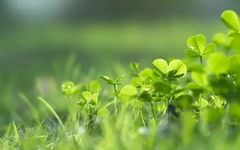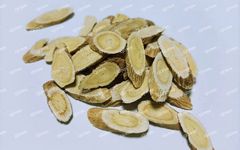Disorders of Qi: Understanding Qi Deficiency and Related Conditions
Disorders of Qi include insufficient generation or excessive consumption of Qi, abnormal movement of Qi, and decline in the physiological functions of Qi. These manifest as several conditions such as Qi deficiency, Qi sinking, Qi stagnation, Qi counterflow, Qi obstruction, and Qi collapse. Qi Deficiency Qi deficiency refers to the pathological changes resulting from insufficient … Read more






